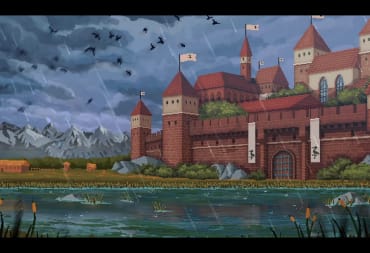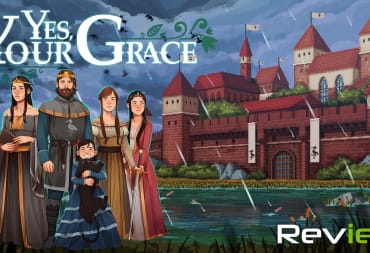Think of a project you have worked on for several years. Think of all the experiences—where you lived, what job you were working, what resources you had available—while working on that project. I feel confident arguing that those experiences had great impact on how your project developed, perhaps more than you realize. Independent game developers who make their games on the side could share reams of such experiences. Rafal Bryks, the developer of Yes, Your Grace, has been working on his game for five years.
In that time he’s worked full-time aside from the game and worked full-time on his game; he’s moved between Poland and the U.K.; and he’s spent five years with a growing audience of followers. TechRaptor had the chance to ask him about how this experience may or may not have influenced the game's design.
For more on Yes, Your Grace be sure to check out TechRaptor's review.
Change Over Time for Yes, Your Grace
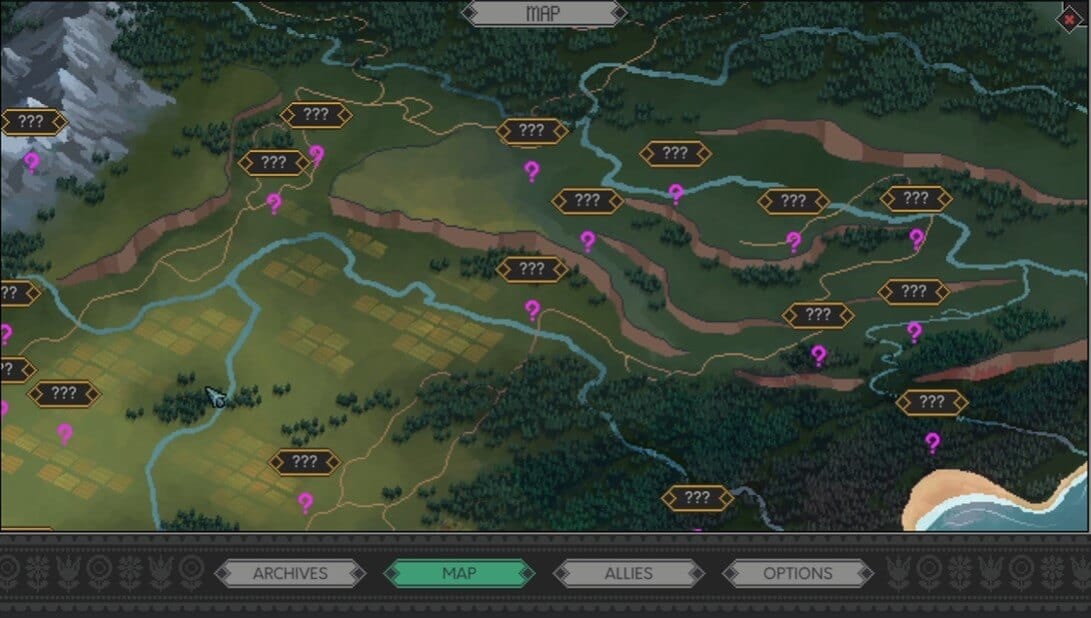
A lot can change in five years. For the developer, the original key inspiration circa 2015 was Lucas Pope's Papers, Please. Over the years other games played a role in his inspirations, like Crusader Kings. Working on a project over an extended period of time leads to multiple, overlapping inspirations. Think of it like books being added to a library.
“What I loved the most [in Papers, Please]," Bryks said, "is the unique story parts, and the way the stories were told. I tried to build on that. I later found out about Crusader Kings, and I thought, ‘Wouldn’t it be cool to create a more accessible version, where you don’t have to spend hours learning the game before you can enjoy it.’”
But despite these new inspirational waves, the central spirit of the game design remained the same. The developer only built on the narrative and decision-making components. Nonetheless, there is still the standard evolution one would expect with a game’s design process.
“The game has evolved in many ways, and even though I had to cut some features, I believe it was all for the best. The game design had to suit my 'fresh' programming knowledge, and therefore the game shaped to focus more on storytelling,” Bryks said.
The Factors of Place and Employment in Developing Yes, Your Grace
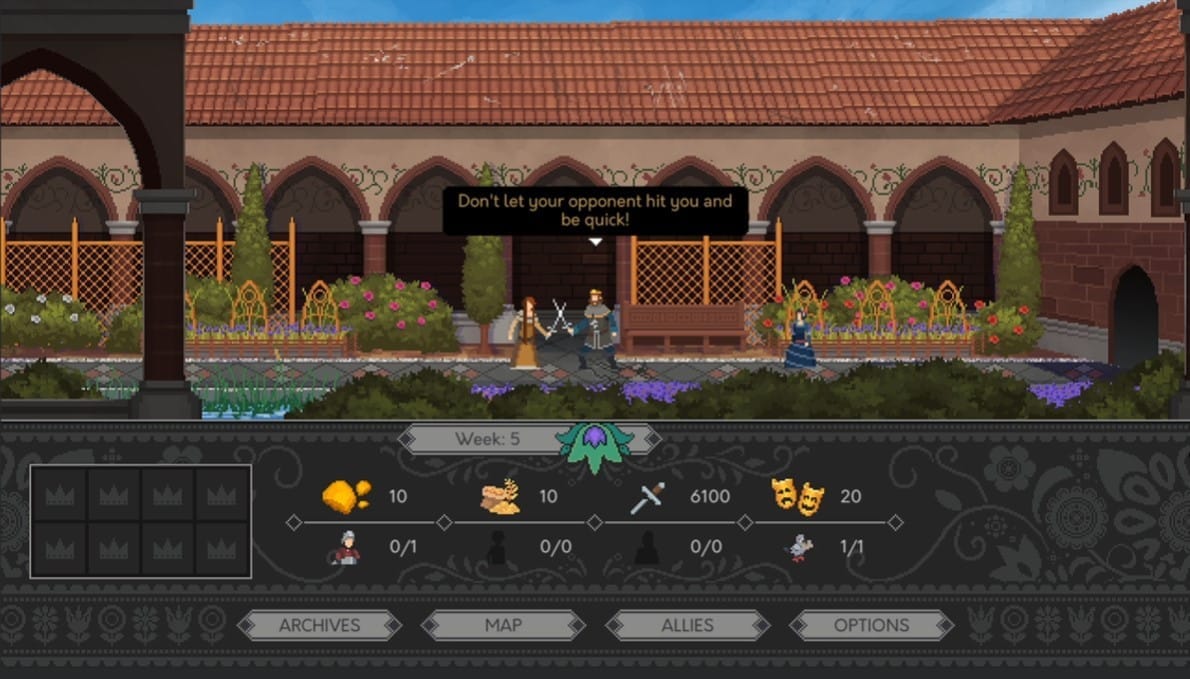
During the five years of development, the developer moved from the U.K. to Poland and back to the U.K. again. The frigid conditions in Poland was a background influence on the development. The Yes, Your Grace blog contains this vivid description:
“Meters of snow were piling outside every day, and the only way to heat the house was the old way - by making a fire in a fireplace every day (and it was not the cosy type [sic]). The only reasons for going outside and bearing the freezing temperatures (-20C) was to either visit the mountains or to stock up on food in a tiny local grocery shop. Dealing with anything in these conditions took a lot more time and effort than we would have thought, but we were there for a reason.”
The reason was that living a minimalist life in Poland allowed the developer to work on the game full time. This made a huge difference—juggling the game part-time while holding a full-time job compromised the development.
“We had to make a lot of compromises and not everything we wanted made it into the game, like: new backgrounds, animations, real-time sword fighting and generally more content," Bryks said.
Being in Poland had other incidental benefits: Nature and the surroundings inspired some of the stories and graphics in the game.
Despite this, the harshness of Poland’s winters proved too heavy. Said Bryks on the developer blog, “We were missing our families and we needed better working conditions. The game development was going very smoothly, signing a contract with the publisher was just on the horizon, and things were looking very promising. One day, we just packed our things and drove back to the U.K.”
Game Design Process of Yes, Your Grace
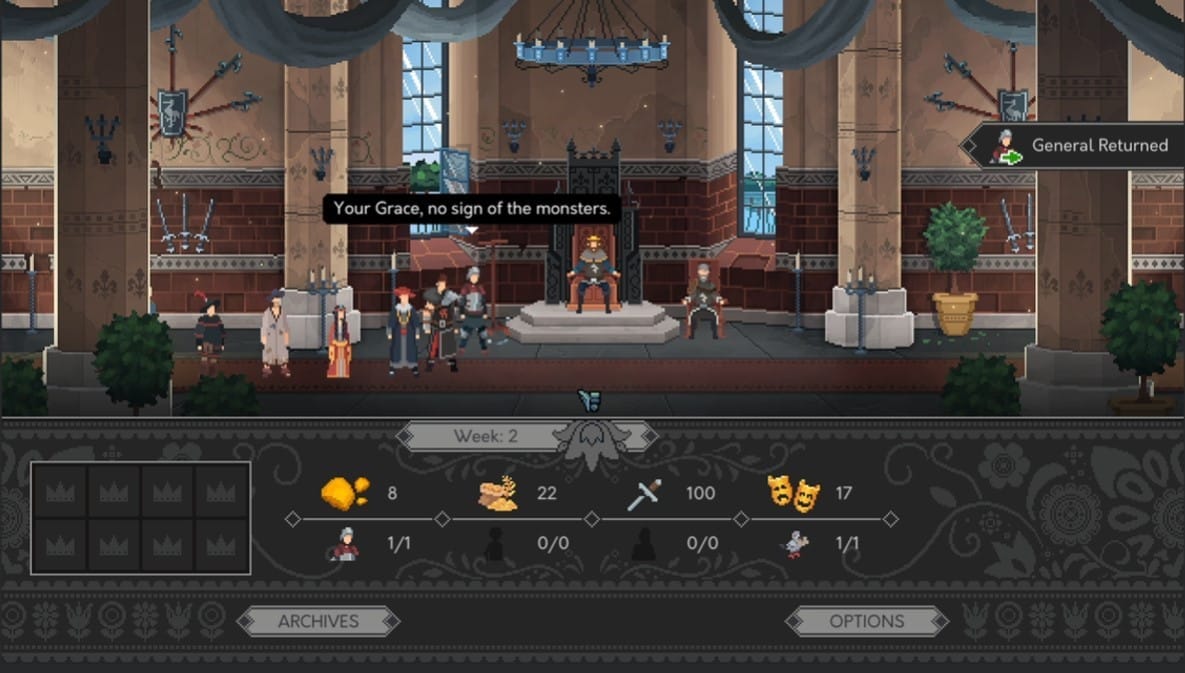
One standout trait of Yes, Your Grace is that it involves two zones of game design both interacting with one another. Gamers spend part of their time in the throne room choosing to answer subjects’ issues and another part managing the wider kingdom. What’s the key to ensuring these gameplay systems remain consistent? “It’s all about fancy spreadsheets, hah hah,” said Bryks.
Other, more subtle traits in Yes, Your Grace require less of a practical component like spreadsheets. There is a layer of humor in the game that one can see in the art and in the dialogue. How do designers implement this?
"I guess it just comes naturally," said Bryks.
As the king, it’s up to your will whom you hear and whether you consider your subjects’ concerns. Likely, most players will have to make compromises as they strive to be as good as they can be. There won’t be a clear-cut choice between good and evil. There will be nuance—with limited resources, not everyone can be happy.
“There is no clear moral compass in the game, like you might remember from older Bioware games," said Bryks. "Sometimes the resources are scarce and you simply can’t help everyone—that doesn’t make you a bad king. It’s all about finding a balance, but there are some certain paths in the game that could be interpreted as being a ‘good’ or a ‘bad’ king.”
The Big Takeaway from Yes, Your Grace

With Yes, Your Grace finally completed and released, I asked the developer what he hopes players take away from the game.
“It might sound a bit cheesy, but I would hope it inspires people to be more open minded about others and I hope that the game makes people realize that they can make decisions, not just in the game, but in their own lives," Bryks said.
Who knows? Maybe playing Yes, Your Grace could make you feel like a king, but not a selfish one. Instead, it could allow you to experience what it's like to balance multiple stakeholders' and their desires, all while striving to do the right thing.
Are you interested in playing Yes, Your Grace? Have you been following its development? Let us know in the comments below!
Have a tip, or want to point out something we missed? Leave a Comment or e-mail us at tips@techraptor.net








